Qurbani is an act of worship that is most beloved to Allah (SWT) during the days of Tashreeq (11th, 12th and 13th of Dhul Hijjah), therefore it is important that one offers the best possible offering.
The Quality Assured Qurbani programme is Islamic Relief’s specialised worldwide programme which upholds Core Humanitarian Standard and Shariah compliance throughout the entire process to ensure rightsholders receive quality, halal (permissible) and tayyib (healthy, pure) qurbani meat. This means that the qurbani meets the needs of the rightsholder, upholds the rules of qurbani and ensures Shariah compliance, regulatory standards and animal welfare standards.
Our distinctive and specialised qurbani programme consists of:
1. Specialised local team
Our country offices in the countries where we operate are one of our major strengths. Being present on the ground allows us to have close proximity to our the vulnerable people we serve. We have dedicated staff employed in these countries, which puts us in a unique position. As locals, we have a deep understanding of the needs of vulnerable people, enabling us to provide them with the best possible support.
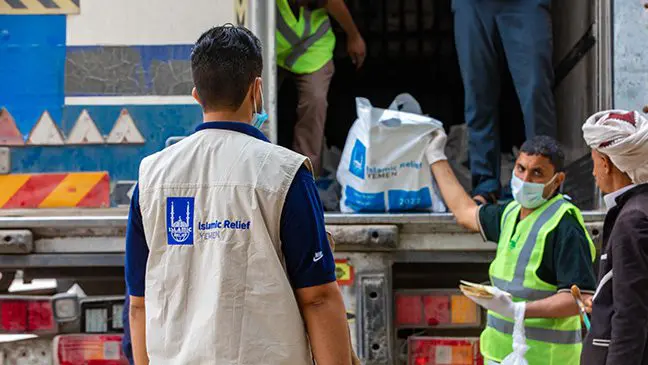
2. Meeting the needs of vulnerable people
Our field teams conduct a comprehensive needs assessment in collaboration with rightsholders, community leaders, and local authorities. This assessment helps identify and prioritise the most vulnerable individuals or groups. We also coordinate with other organisations involved in qurbani distribution to avoid duplication and ensure that our interventions reach underserved areas effectively.
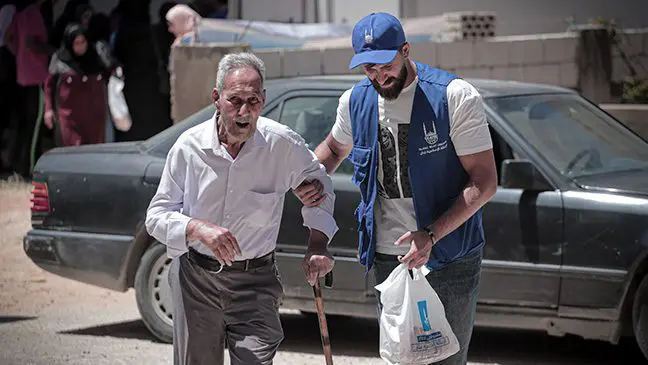
The Qurbani meat is transported in refrigerated trucks with a maintained cold chain until it reaches our rightholders.
3. Upholding the rules of qurbani
Prior to slaughter, our livestock undergo rigorous inspections to ensure compliance with both veterinary and Shariah standards. These inspections guarantee that the animals meet the requirements for qurbani according to Shariah principles and that the resulting meat is of excellent quality and safe for consumption by humans.
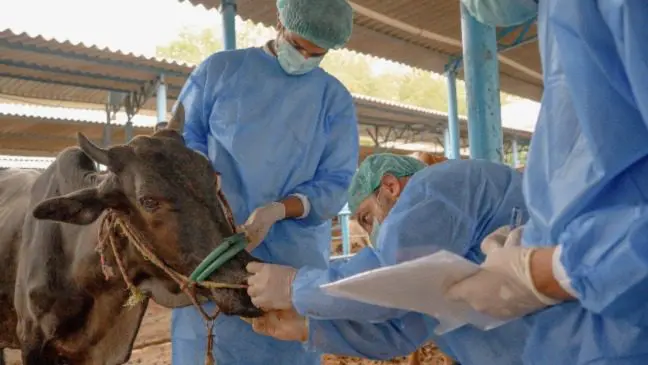
Our approach for the qurbani project is adaptable and tailored to the specific needs of each location. We prioritise collaboration with regulated slaughterhouses that uphold strict machinery and hygiene standards, ensuring the freshness and safety of the meat. In the absence of regulated slaughterhouses, we adopt a community-led approach where trained volunteers and butchers actively engage the entire community under the close supervision of Islamic Relief staff.
To maximise the impact and serve a greater number of households, our preference is to select larger animals for qurbani, taking into consideration their availability in each country. This approach leads to a higher meat yield, allowing more households to receive qurbani meat packs and benefit from our distribution efforts.
4. Upholding Shariah compliance, regulatory standards and animal welfare with care and respect.
We prioritise adhering to the Core Humanitarian Standard and Shariah compliance throughout the entire qurbani process. They conduct thorough inspections of the livestock and oversee the slaughter process. Our focus is to ensure the use of high-quality livestock suitable for this religious act, with supervision from veterinary doctors, local imams, Ministry of Religious Affairs, Ulama, and other religious authorities.
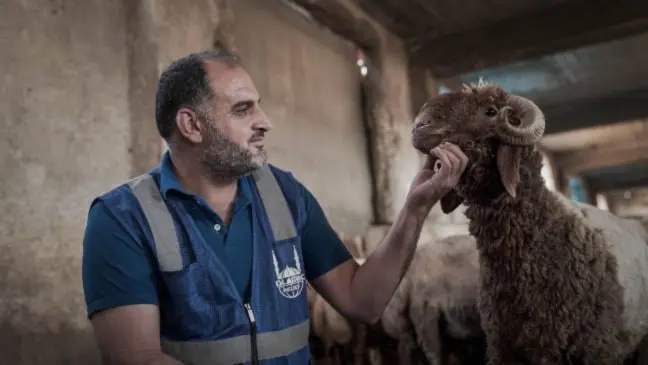
We maintain the well-being of the livestock and strictly follow best practices and compliance guidelines. Furthermore, we store the meat in refrigerators or transport it in refrigerated vehicles, adhering to local hygiene and food safety regulations. This commitment guarantees that the qurbani process is conducted with care and respect, upholding religious and regulatory standards.
5. Ensuring minimal waste, and safe delivery of qurbani to rights-holders in a timely manner.
Our dedicated staff members complete Islamic Relief Qurbani checklist declarations to ensure adherence to all qurbani requirements. Waste disposal is carried out responsibly, following local regulations. In countries where all parts of the animal are consumed, such as offal and skin, waste is minimised. In other countries where only specific organs and meat are consumed, waste materials are appropriately disposed of either at the slaughterhouse or buried in designated community slaughter sites.
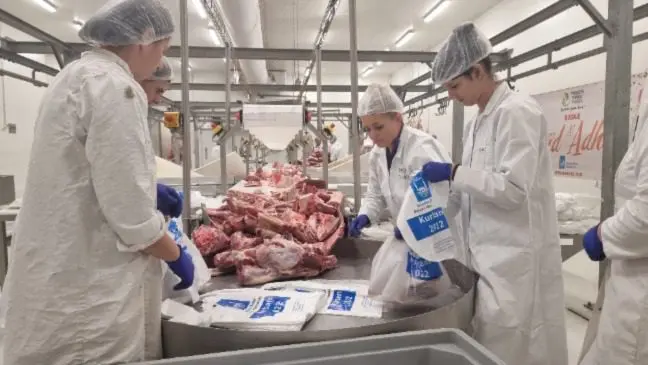
To maintain efficiency and meet deadlines, we closely monitor the number of qurbanis and the capacity of each field office. We establish contractual agreements with suppliers to accommodate any unexpected increase in qurbani orders. With over 38 years of experience in conducting qurbani, Islamic Relief Worldwide has cultivated strong relationships with local communities and suppliers, enabling us to fulfil qurbanis promptly and efficiently.
The Qurbani meat is transported in refrigerated trucks with a maintained cold chain until it reaches vulnerable people.
6. Providing a high-quality service to vulnerable people
Islamic Relief’s qurbani prices may be slightly higher than those of other organisations, but this is because we prioritise providing a high-quality service. We go the extra mile by purchasing healthy animals that yield more meat for vulnerable people.
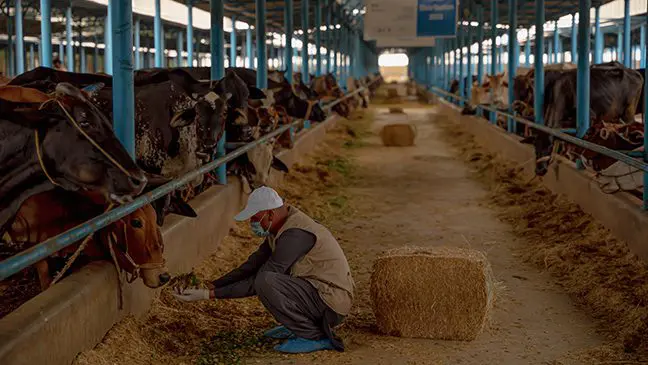
For instance, in Gaza, the cows we purchase have an average weight of 480kg, surpassing the weight of cows selected by our competitors. We strongly believe in investing in various components of the qurbani project to ensure its effectiveness. This includes conducting needs assessments, collaborating with local authorities, sourcing higher-spec livestock, and implementing rigorous monitoring, evaluation, accountability, and learning (MEAL) processes. These additional efforts are reflected in our prices as they contribute to reaching the most vulnerable people in the most effective way possible.
Our commitment is to serve vulnerable people with dignity and respect, while also considering the well-being of the environment. When it comes to slaughter practices, we ensure that they are conducted in appropriate sites with proper drainage and waste disposal systems, avoiding the issue of leaving waste unattended.










